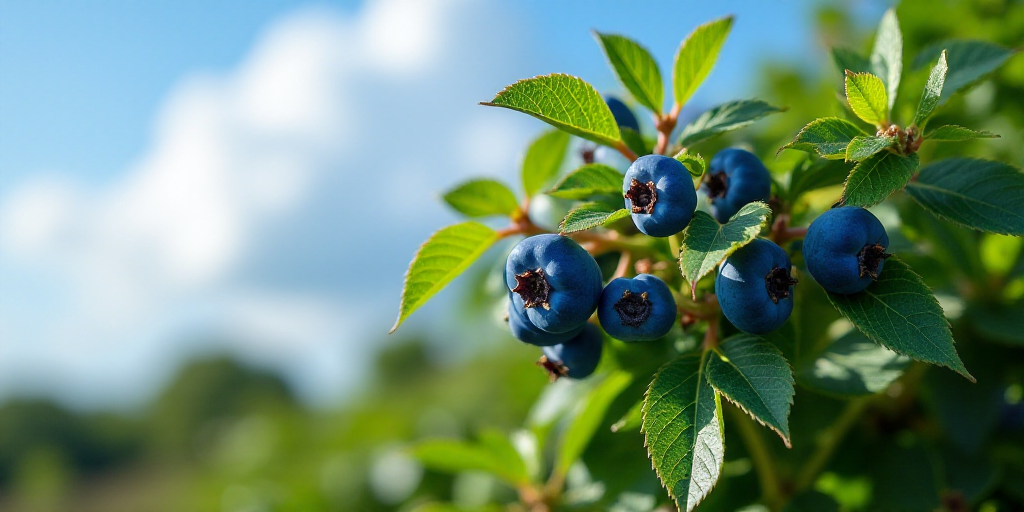Collaborative Effort by SADER, PROJAL, and ANEBERRIES
Guadalajara, Jalisco – To bolster and enhance small-scale berry producers in Jalisco, the state’s Secretariat of Agriculture and Rural Development (SADER), the National Association of Berry Exporters (ANEBERRIES), and the Promoter of Financing for Development in Jalisco (PROJAL) have initiated the State Berry Producers Financial Activation Plan.
Accessible Financing through PROJAL
The program aims to provide financial support to producers with less than 10 hectares of cultivation. PROJAL will offer financial instruments tailored to each producer’s needs, explained its general director, Miguel Ángel Bush. In collaboration with non-bank financial intermediaries, PROJAL will provide credits with annual interest rates ranging from 16% to 20%, and flexible payment schemes.
PROJAL will start with an initial fund of 15 million pesos, intending to amplify it up to tenfold through financial intermediaries. In the initial phase, the plan aims to assist 100-200 producers with an average of 150,000 pesos per hectare.
Direct Credit Application and Secure Repayment
Interested producers can apply for the credit directly through PROJAL. Upon approval, they can choose their preferred financial intermediary. The credit will be disbursed directly to insumos suppliers, ensuring secure financial stability for the producer, as stated by PROJAL’s director.
Berry Cultivation as a Development Driver in Jalisco
Jual Pablo Molina Baranzini, ANEBERRIES’ vice president for producers, highlighted that berries have become a genuine development driver in Jalisco. The state is the leading national producer of raspberries and blueberries, ranking second in zarzamora production.
Molina Baranzini pointed out that most berry producers in Jalisco are small-scale farmers, with an average of eight hectares per producer. This indicates a deeply communal and socially impactful activity.
“Berry cultivation generates four times more employment than traditional crops. Where there are berries, there is work, income, and community roots,” emphasized Molina Baranzini.
Addressing Financial Challenges
Molina Baranzini also mentioned that accessible financing is a significant hurdle for small producers. He anticipates that this program will improve parcel profitability and elevate the living standards of families dependent on berry cultivation.
According to ANEBERRIES, Jalisco has approximately 13,000 hectares dedicated to berry cultivation, with yields of around 20 tons per hectare for raspberries, 15 tons per hectare for blackberries, 35 tons per hectare for strawberries, and 14 tons per hectare for blueberries.
The berry sector generates over 100,000 direct jobs in Jalisco.
Key Questions and Answers
- What is the purpose of this new program? The State Berry Producers Financial Activation Plan aims to support small-scale berry producers in Jalisco by providing accessible credit through tailored financial instruments.
- Who is behind this initiative? The collaborative effort involves the Jalisco Secretariat of Agriculture and Rural Development (SADER), the National Association of Berry Exporters (ANEBERRIES), and the Promoter of Financing for Development in Jalisco (PROJAL).
- How will the credit be disbursed? Producers can apply directly through PROJAL, and upon approval, they can choose their preferred financial intermediary. The credit will be paid directly to insumos suppliers, ensuring secure financial stability for the producer.
- Why is this program important for Jalisco’s berry producers? Accessible financing is a significant challenge for small-scale producers. This program aims to improve parcel profitability and elevate the living standards of families dependent on berry cultivation.
- What is the current status of berry cultivation in Jalisco? Jalisco has around 13,000 hectares dedicated to berry cultivation, generating over 100,000 direct jobs and contributing significantly to the state’s economy.






